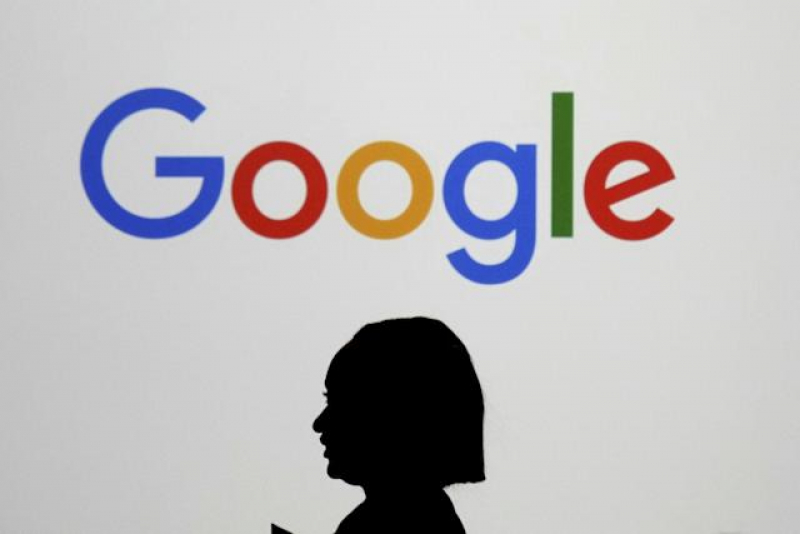
A Landmark German Court Verdict Shakes Up Tech Giants
In a watershed legal moment, Google has been ordered by a German court to pay a staggering €465 million in damages to a local price comparison company, signaling a major shift in European handling of monopolistic tech practices. This decision, announced on November 14, 2025, is resonating across the digital marketplace, as experts note its potential to spark further litigation against global technology platforms operating within the EU.
David vs. Goliath in Online Comparison
The lawsuit stems from long-standing tensions between Google’s search dominance and independent price comparison platforms aiming to stay competitive in the market. The German firm at the heart of the case argued that Google’s own shopping results consistently received preferential treatment, skewing user traffic and undermining fair competition. Extensive court discussions revealed that Google’s search engine practices had actively hindered the smaller company’s ability to reach their target audience and drive revenue via organic traffic.
The Financial Toll: €465 Million in Damages
The €465 million penalty set by the court is one of the largest compensation orders ever issued against a technology company in the European Union. Analysts note that this figure not only accounts for past losses but also sets a financial precedent with teeth, potentially inspiring other digital rivals to fight for recompense. Google must now navigate the financial fallout while potentially reevaluating its algorithms and practices in Germany and broader Europe.
Implications: Ripple Effects on the Tech Marketplace
This ruling is set to influence the competitive landscape in several key ways:
- Reinforced regulatory scrutiny: European watchdogs are likely to intensify their examination of tech platforms, emboldened by this verdict.
- A possible surge in lawsuits: Other affected parties may find renewed motivation to pursue damages claims.
- Enhanced visibility for smaller platforms: Price comparison sites and digital businesses could see fairer treatment in search rankings as Google considers adjusting its approach.
- Major financial impact for Google: The settlement represents a notable expense, potentially encouraging the company to rethink strategies in major European markets.
What’s Next for Google and the Industry?
Industry insiders expect Google to appeal, but the pace and outcome remain uncertain. For startups and established digital companies across Europe, the victory signals that challenges to entrenched tech practices can succeed with tangible financial rewards. Consumer advocates suggest users might eventually benefit, as platforms compete more equally for visibility and pricing transparency.
As the digital economy continues evolving, this German court decision stands as a clear reminder that no tech giant is immune from local competition rules and that the battle between innovation and fair play remains at the heart of the modern marketplace.
Post Comment
Be the first to post comment!





